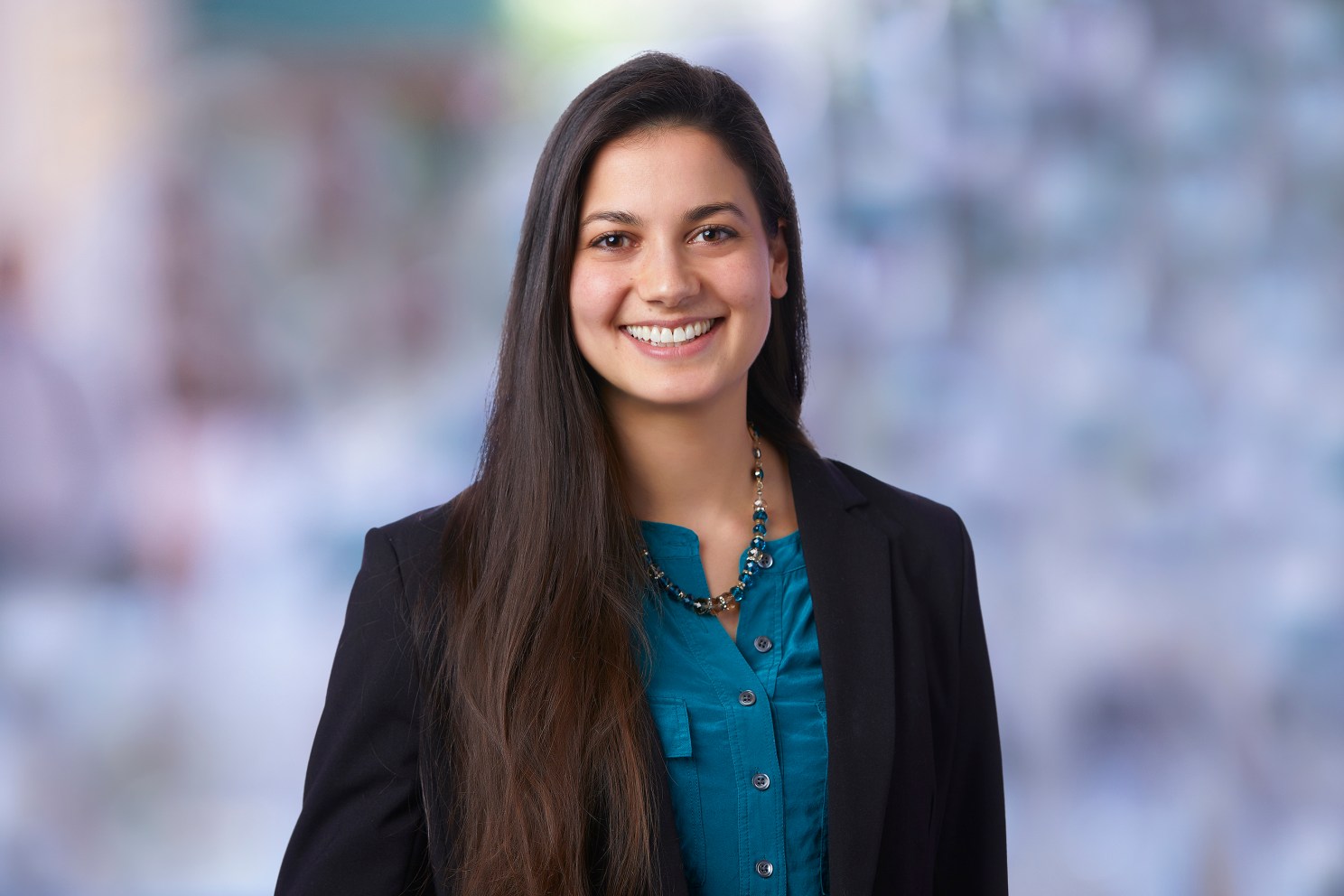Translating Climate Science into Impact: Meera Atreya ’09

Meera Atreya ’09 serves as the Director of European Advisory and a Senior Scientist at Carbon Direct, a carbon management firm helping organizations worldwide achieve their climate goals.
Photo courtesy of Meera Atreya
When Meera Atreya ’09 was just 10 years old, she discovered her passion for climate change. A 1997 report from the U.S. Office of Science and Technology Policy titled “Climate Change: State of Knowledge” had landed in her possession. Using non-technical and accessible language, Atreya says, the government report “made very clear even to 10-year-old me that the threat of greenhouse gas emissions on the planet was dire.”
The realization spurred her to take action. Upon entering high school, she founded an environmental club and fought for more efficient lighting and better recycling practices. After completing her Ph.D. program in chemistry at UC Berkeley, she joined McKinsey & Co. for two years as a management consultant, where she played a key role in guiding the firm to address its global carbon emissions and commit to procuring 100 percent renewable electricity in all its offices.
For the next three years, Atreya offered strategic counsel as an associate at SYSTEMIQ. During this period, she co-authored “Breaking the Plastic Wave,” a report on the plastic waste crisis that the U.N. is using toward a global plastics treaty. The research process involved collaborating with waste-management experts, visiting beaches in Indonesia where tons of plastic waste were overwhelming the coastline, and tracing the life cycle of plastic waste. The ultimate goal was to determine the most effective pathway to significantly reduce ocean plastic pollution by 2040. Atreya also served as lead author of “Bioresources within a Net-Zero Emissions Economy,” a report by the Energy Transitions Commission evaluating the role of sustainable bioresources in climate change mitigation.
Atreya calls climate change the ultimate existential issue. “If you care about migration, if you care about global security, biodiversity loss, inequality, access to food, water, healthcare, education and so many other topics, all of those are exacerbated by the effects of climate change,” she says. “This is the ultimate issue that affects everyone and everything, and it seems crazy to me that we haven’t been doing very much … you can work on this challenge from a technical angle, from a business angle, from a political angle — from any other different lens. Everyone has a way to participate in this and have a meaningful impact.”
Today, Atreya serves as the director of European Advisory and a senior scientist at Carbon Direct, a carbon management firm helping organizations worldwide achieve their climate goals.
At Harvard’s 2019 Public Interested Conference, Atreya told attendees that her diverse career path serves as testament to the fact that public service can take many forms beyond nonprofit work.
“If you have something that you’re passionate about and a vision for how you want the world to be, and you keep that as your central guiding principle, then you can find a way to work toward social good—no matter what career path you take.”
The Profiles in Leadership series features stories and podcasts of notable Harvard alums and their social impact. For more information, visit: https://publicservice.fas.harvard.edu/profiles-in-leadership.




